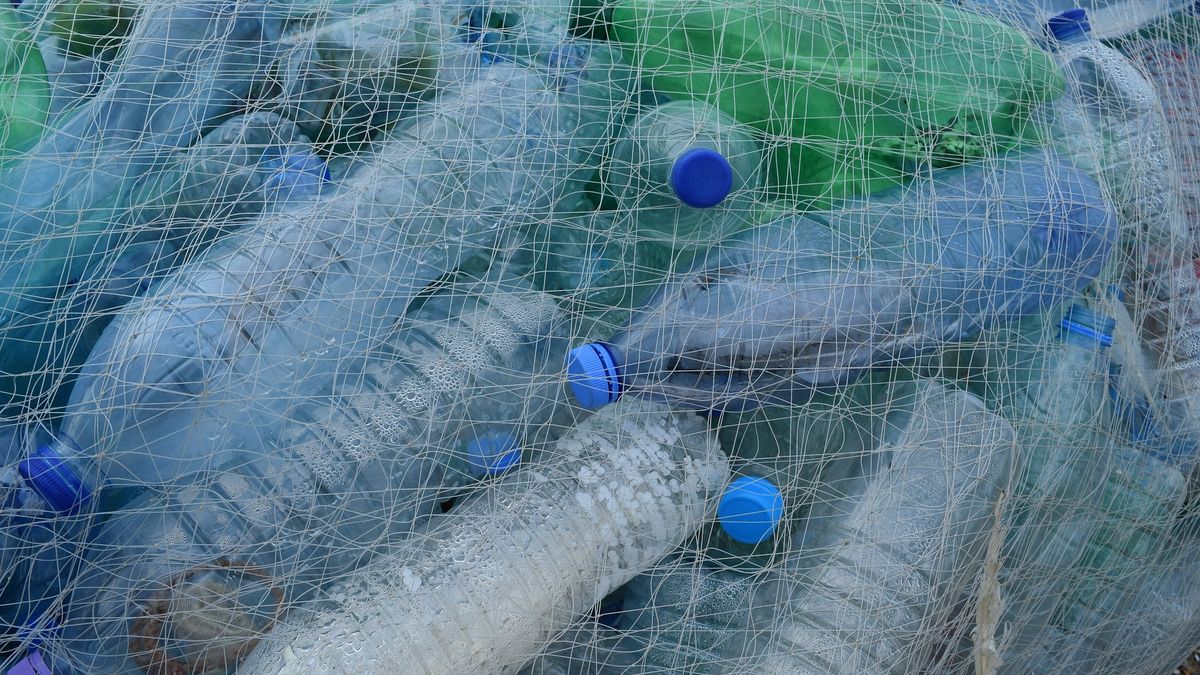PIKIRAN RAKYAT – Indonesia, an archipelago nation known for its stunning natural beauty, faces a significant challenge—plastic waste pollution. With a growing population and increasing reliance on convenience items, plastic waste generation has skyrocketed. However, a growing movement of eco-conscious individuals and businesses is taking action. One crucial step in tackling plastic waste is proper organization and segregation at the source. Let’s explore three of Indonesia’s leading plastic waste organizers, their products, and their contributions to a cleaner environment.
Understanding Plastic Waste Segregation
Effective plastic waste management begins at home. Separating different plastic types allows for proper recycling and reduces the burden on landfills. Plastic waste organizers come in various shapes and sizes, catering to individual needs and promoting responsible waste disposal habits. These organizers typically categorize plastics into recyclable and non-recyclable categories, sometimes further separating specific recyclable plastic types.
Top 3 Plastic Waste Organizers in Indonesia
1. Waste4Change
Waste4Change is a social enterprise on a mission to create a circular economy for plastic waste in Indonesia. Their product line, “Pilah Pintar” (Smart Sorting), offers a range of aesthetically pleasing and practical plastic waste organizers. The most popular option is a three-bin system, color-coded for easy identification:
- Blue Bin: This bin is designated for clean and dry recyclables, including PET bottles (plastic bottles for drinks), HDPE bottles (detergent and shampoo bottles), and PP containers (food containers).
- Green Bin: This bin collects non-recyclable plastics, such as plastic bags, polystyrene (styrofoam), and PVC pipes. These plastics require special treatment facilities and are not accepted in most recycling programs.
- Yellow Bin: This bin is for organic waste, including food scraps, yard trimmings, and leftover fruits and vegetables. This waste can be composted at home or collected for industrial composting facilities.
Waste4Change also offers larger bins for commercial settings and educational kits for schools, promoting plastic waste awareness from a young age. Their focus on social impact extends beyond products. Waste4Change works with waste collectors and recyclers, ensuring proper waste processing and creating employment opportunities within the waste management sector.
2. Rekos
Rekos, another prominent player in the Indonesian plastic waste management scene, offers a variety of sleek and functional organizers. Their flagship product, the “Zero Waste Station,” is a modular system that allows users to customize their waste sorting setup. The system includes individual bins for:
- Recyclables: Like Waste4Change’s blue bin, this compartment collects clean and dry recyclable plastics.
- Non-Recyclables: This bin is designated for non-recyclable plastics and other non-compostable waste.
- Organics: This compartment is for food scraps and yard waste.
- Glass: A dedicated bin for glass bottles and jars allows for properly recycling this material.
- Paper & Cardboard: Separating paper products from other recyclables improves recycling efficiency.
Rekos also offers smaller, portable organizers ideal for kitchens or office desks. Additionally, they provide educational resources and collaborate with waste management companies to ensure collected waste reaches appropriate processing facilities.
3. Ecoware
Ecoware, a company known for its sustainable tableware products, has expanded its offerings to include plastic waste organizers. Their “Pilah Plastik” (Sorting Plastic) series features stackable bins with clear labeling for easy waste identification. The standard set consists of two bins:
- Recyclables: This bin caters to clean and dry PET, HDPE, and PP plastics.
- Non-Recyclables: This compartment collects plastic waste that is not accepted in most recycling programs.
Ecoware offers additional bins for users who want to further categorize their recyclables, such as separating paper and cardboard from plastic. Their focus on practicality and clear labeling makes their organizers user-friendly for households of all sizes.
These three plastic waste organizers are just a few examples of Indonesia’s growing movement toward responsible waste management. By choosing these products and practicing proper waste segregation, individuals can significantly reduce plastic pollution and promote a more sustainable future.***(Politeknik Negeri Bandung/Ahyaithannisa Taufik)
